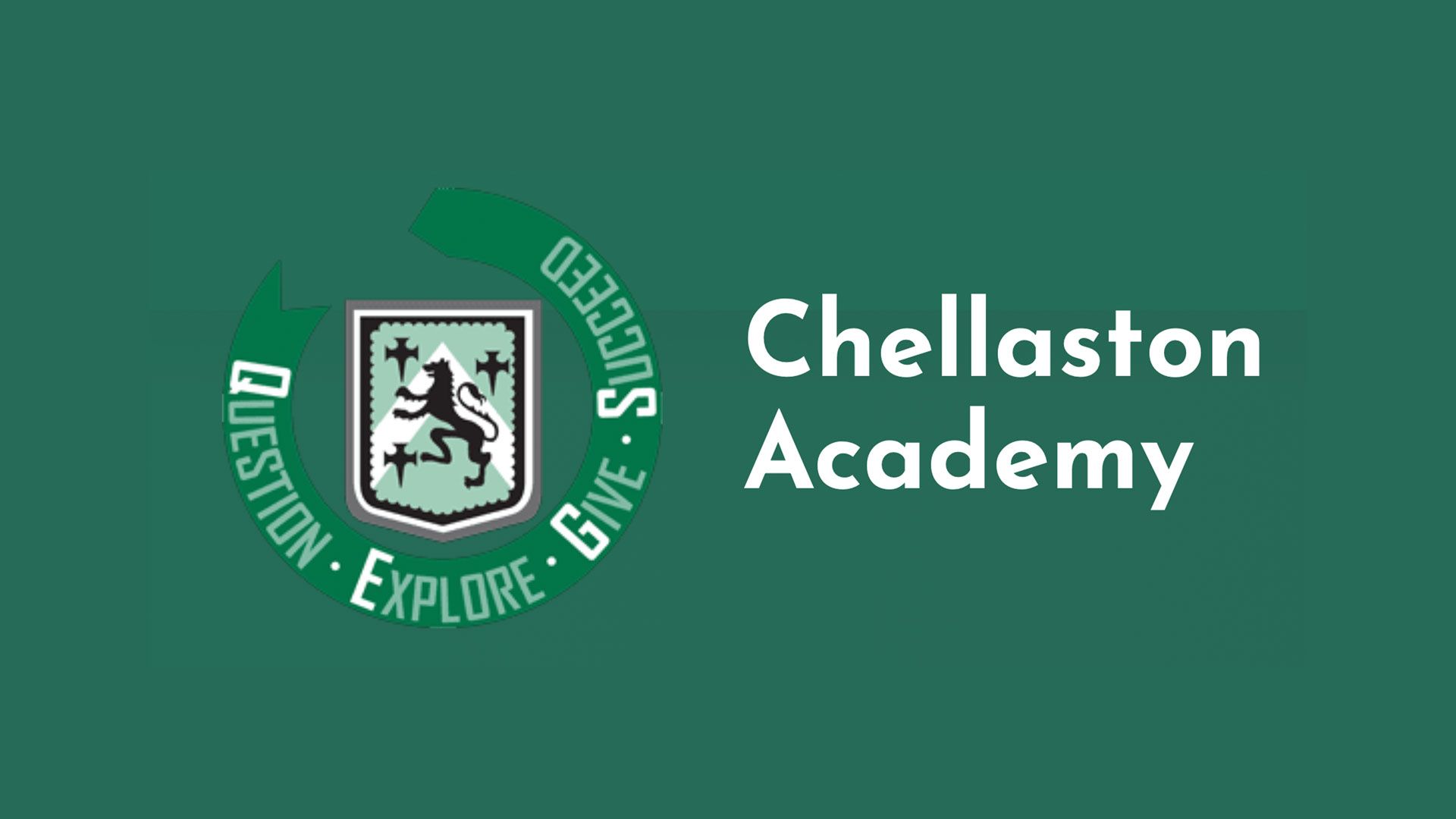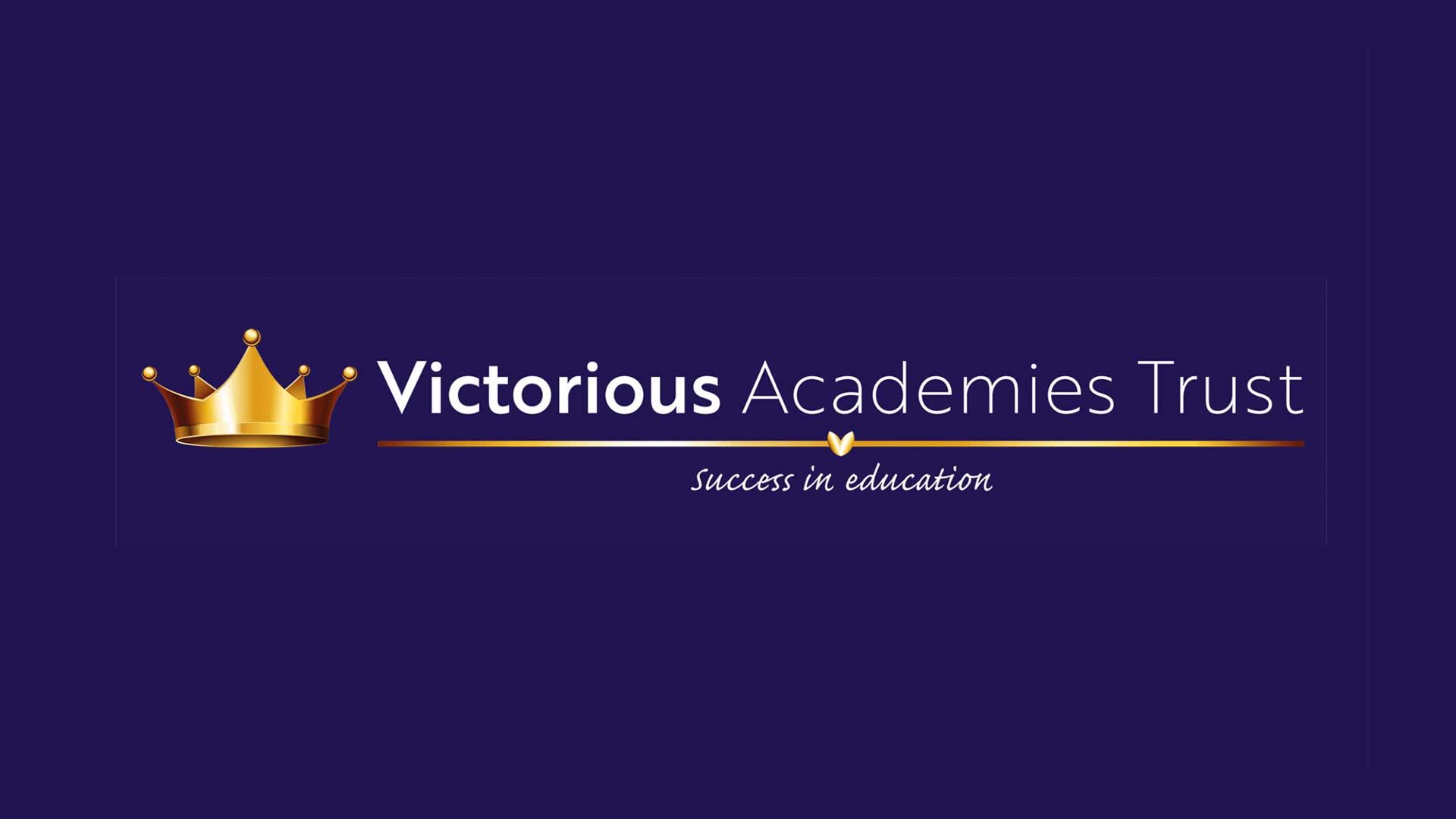Growth mindset in the classroom - what does it look like, really?

It was back in 2006 when the term ‘growth mindset’ was first coined by Stanford University psychologist, Carol Dweck. It soon became the buzz word in education and copies of her book, Mindset: Changing the Way You Think to Fulfill Your Potential were in staffrooms across the country.
School teams received training, and lessons were adapted to build in more opportunities for children to explore their own mindset.
“I think what you mean, Freddie, is that you can’t do this…yet!”
Sound familiar? Here at Happy-Centred Schools, we strongly believe that helping children establish a growth mindset makes them better learners and better humans. Unlike passive voice or finding the volume of a cuboid, it’s not something they learn about at school and then promptly forget as they enter the adult world.
It sticks. And that matters.
Why is growth mindset in the classroom important?
Have you ever asked your pupils what they’re good at or find tricky, and why?
Maybe they’ve said they’re great at maths because they have a naturally good memory? Or they’re rubbish at maths because their mum is too?
Many children and young people believe their abilities and intelligence are static and outside their control. This is fixed or ‘wonky’ thinking. Once pupils understand this isn’t the case, and their brain is like a muscle that can grow, they gain confidence and their ability to learn increases.
Research shows that whether children adopt fixed or growth mindset thinking can make a huge difference to how they achieve, both in school and later in life. And that’s quite something, wouldn’t you agree? Part of teaching is giving children academic knowledge, but it’s also about providing them with the tools they need to tackle the big (sometimes bad) world of adulthood.
Resilient young people become resilient adults. Believing they can improve in any area of their life means they’re more likely to be effective problem solvers, team players and leaders of the future. And while they’re at school, they’re more likely to take responsibility for their own learning; take on challenges, persist and develop.
What can growth mindset look like in your classroom?
Okay, okay, we hear you cry! We get it! But now you know the importance of growth mindset, what does it look like … really? How can you make it something that becomes a part of your classroom culture without it adding mountains of extra work onto your already overloaded plate?
Here are a few things you can try:
Raise awareness
Model the kind of growth mindset language you want the children to use. If you hear pupils using fixed language, kindly challenge them to change it. What could they say instead? And if you catch yourself using it, why not change it in front of the children and point out why you’re doing it? Promoting a ‘we’re all in this together’ approach is so important here.
Embrace mistakes
Often, children struggle with making mistakes. It can stem from a home environment where 10/10 on a test is still the expectation and that anything less won’t be tolerated. Maybe you’ve got experience of this from your childhood too? It’s something Dr Rangan Chatterjee talks about often - particularly how it’s impacted his life as an adult.
Mistakes are part of being human. Not only that, we learn from them and grow as a result. Bring that ‘embrace mistakes’ culture into your classroom by celebrating them and modelling how we can learn and improve by looking at them objectively.
Explain growth mindset and why it matters
Often it feels overwhelming to explain how our brains work to children - particularly when it’s such a complex thing! But children love learning about the weird and wonderful, so give them the facts. If they can say, ‘multiverse of madness’, they can say ‘neuroscience’ and ‘plasticity’.
Obviously you’re not aiming to overload them with big stuff or teach them graduate level neuroscience, but exploring why the brain makes us think in certain ways will help them see the patterns of behaviours or language they’re using themselves. It’s why it’s an important part of our Amazing Brain workshop.
So start small. Pick one of these suggestions and start using it. It’s the small changes that often make the biggest difference. And remember, learning about ourselves and challenging ourselves needs to always been done in a kind and supportive way. If it is, you’ll be amazed at the difference it can make to the mindset of the children - and adults - in your classroom.
If you’d like some more information on the Amazing Brain workshop or any other workshops for pupils, get in touch with Doug at Happy-Centred Schools HQ -
More














